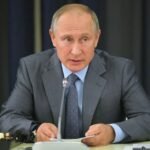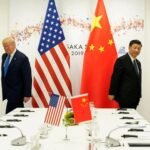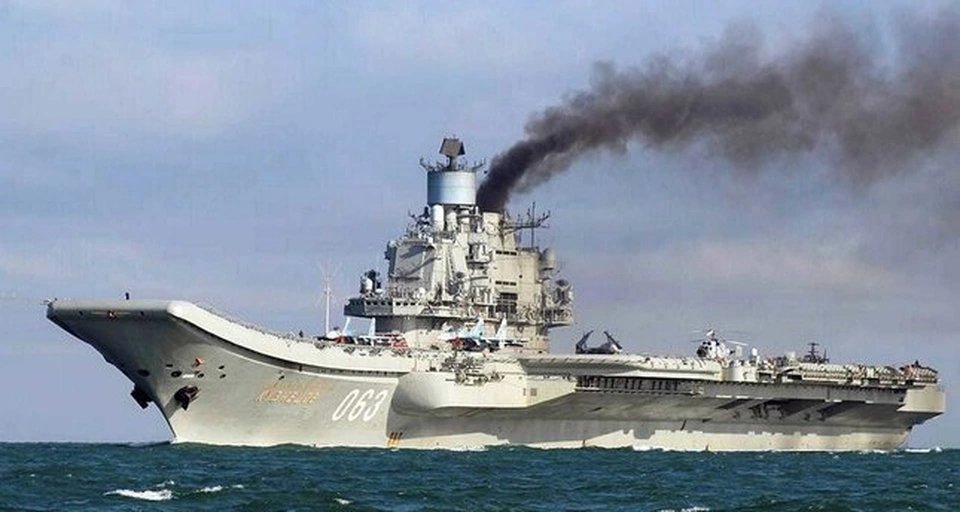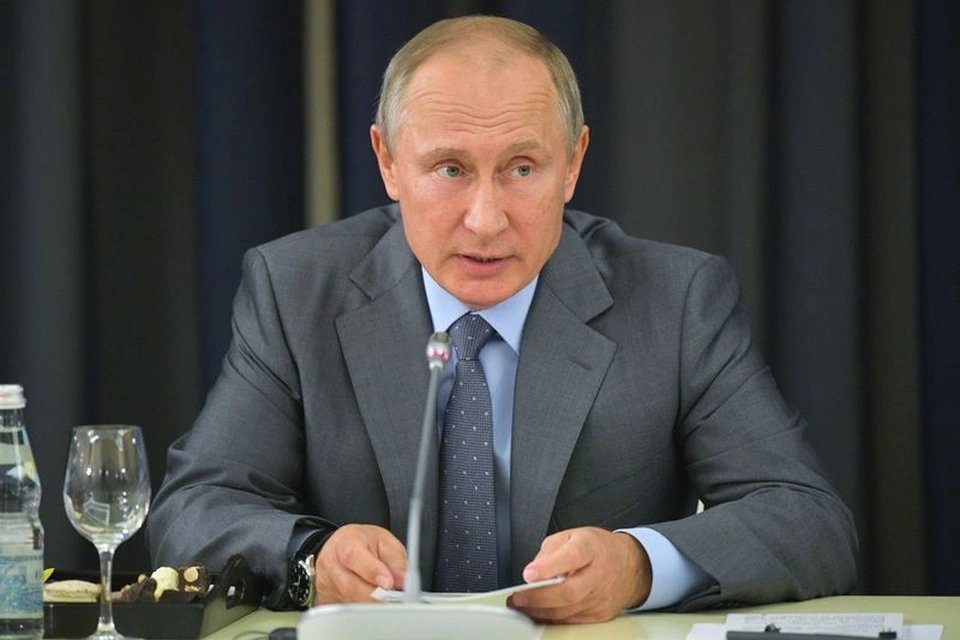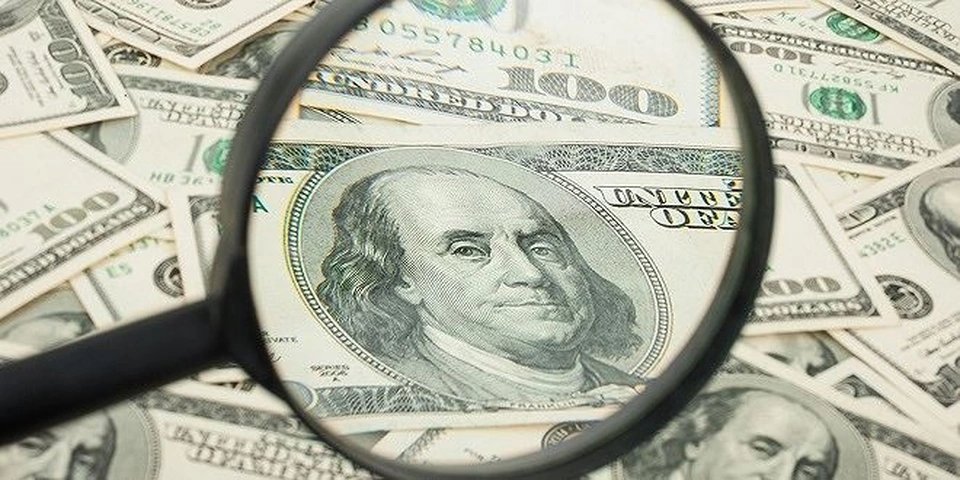Saudi Crown Prince Mohammed bin Salman last weekend started an oil price war, with a statement to lower selling prices and increase production, after failed negotiations with Russia.
If oil prices fail to recover and trade at less than half the level Saudi Arabia needs to balance its budget, the economy could be one of the biggest victims.
If Brent oil remains at $35, and Saudi Arabia does not adjust public spending, its budget deficit will be equivalent to 15% of GDP this year.
Tarek Fadlallah – Head of Middle East at Nomura Asset Management commented: `Saudi Arabia has accumulated huge reserves, allowing them to withstand a prolonged period of low prices. However, this also comes at a price.`
A Saudi Aramco oil refinery facility in Saudi Arabia.
The oil market yesterday had the strongest drop in price since the Gulf War in 1991. The reason was that OPEC and its allies could not agree on continuing to lower production to save oil prices.
This morning, both oils have recovered, with current gains of more than 3%.
Saudi Arabia is still suffering from the drop in oil prices six years ago.
The oil price shock occurred right when Covid-19 spread, pulling down world energy demand and disrupting all of Saudi Arabia’s economic calculations.
`Clearly the market is betting on a serious decline in Saudi Arabia’s finances. In the short term, they still have enough ammunition to get through this period. But if this situation persists, fundamental problems will arise.`
Yesterday, the kingdom’s bonds were among the most affected in the region.
Monica Malik – chief economist at Abu Dhabi Commercial Bank said that Saudi Arabia still has a lot of economic buffer, enough to observe oil market developments and wait for Russia’s answer.
The deal with Russia collapsed, putting Saudi Arabia in a difficult situation.
On the contrary, Russia is willing to leave the alliance with OPEC to attack rivals in the US, because compared to Saudi Arabia, this country is less affected by low oil prices.
Given the importance of public spending and social security, `Saudi Arabia’s domestic sensitivity to an economic slide is higher than Russia’s,` said Hasnain Malik, chief equity strategist at Tellimer.
Another issue that will be affected is Crown Prince Mohammed bin Salman’s economic transformation plan for the country.
However, despite loosening regulations and administrative reforms, the country’s officials have not been able to restore the flow of foreign direct investment (FDI) as they received 10 years ago.
To reduce financial pressure, Saudi Arabia can buy time by looking to the debt market.
As the government budget becomes increasingly deficit, Saudi Arabia needs foreign currency reserves to gradually adjust fiscal policy, said Steffen Hertog – Gulf expert at the London School of Economics.


